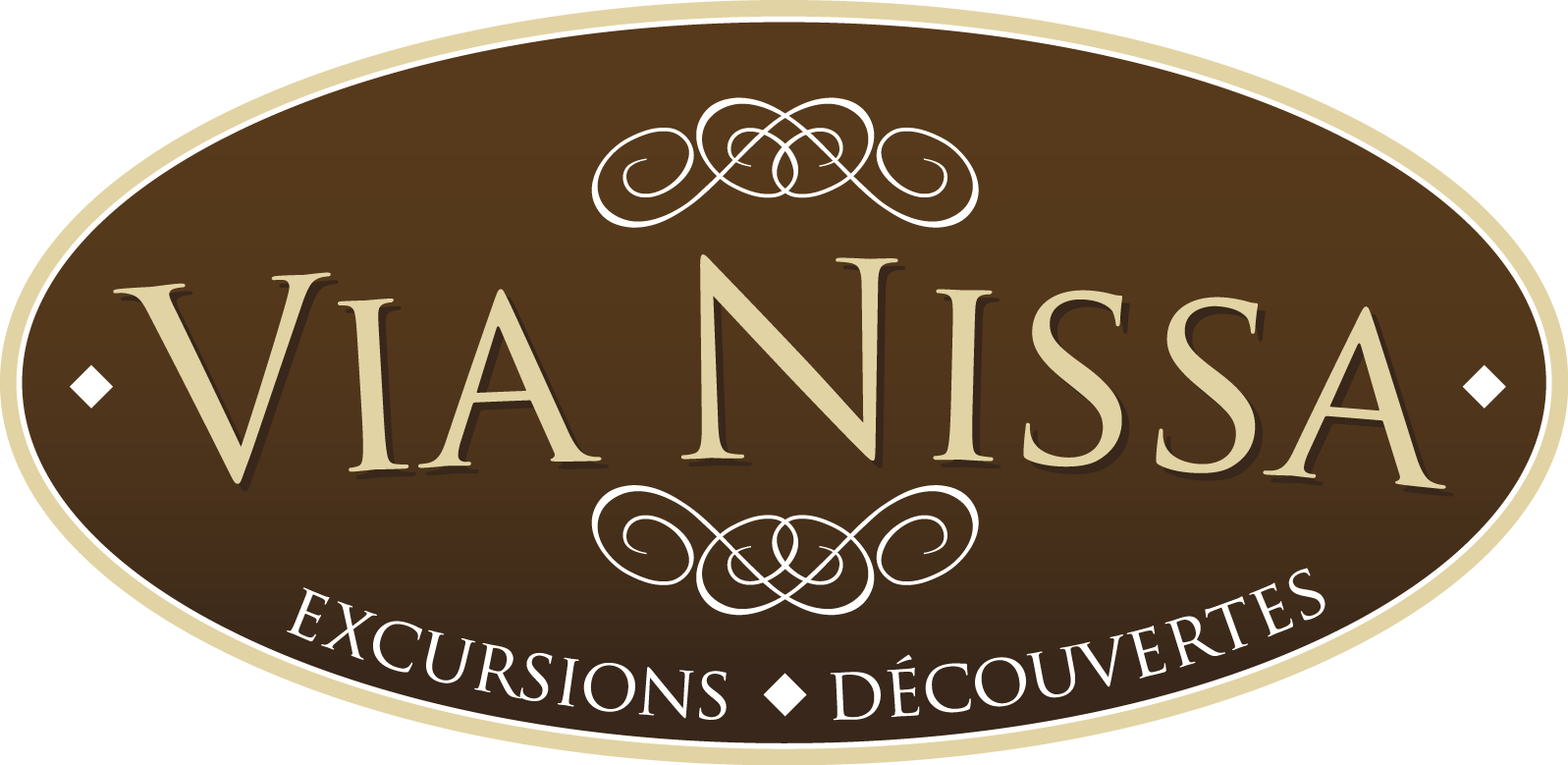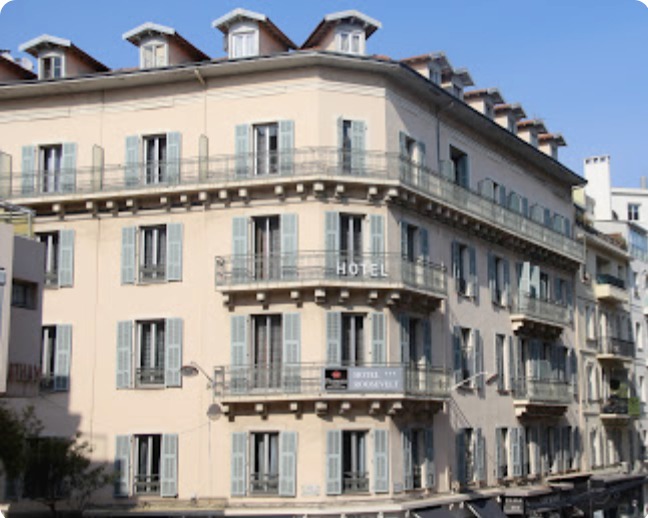Just after the Germans occupied Paris, and France was divided into an occupied and unoccupied zone, Nice became known as a center for Jewish refugees, and known for its relative ease to become established there. The primary reason was economic. All the cities on the Riviera were dependent on tourism, and with the war, tourism came to a halt. Therefore, the hotels, the villas, the palaces were all empty as well as all of the amusement centers, such as gambling halls. When Jews came to the Riviera to establish themselves at one of the hotels, they only needed to show they had sufficient funds to pay for it. Almost everyone was willing to overlook the housing regulations of the Vichy regime. As word of this spread among the Jewish communities in France, Belgium and Holland, there began another exodus to Nice which built up a sizable Jewish population. The radio and newspapers incited the population against a Jewish invasion, but the economic interests of the community were far stronger than the the occasional marches through the streets shouting, “Death to the Jews”. Occasionally individual Jews were assaulted and some were thrown of the beach. But the hotel-keepers, the restaurant-keepers and the owners of the gambling casinos had a much stronger incentive. Hence, Jews in Nice lived in relative peace and hoped to carry on in this way until Hitler’s defeat. It wasn’t only regular Jews who came to Nice. The Rabbis, religious functionaries and Jewish writers came as well. It was increasingly difficult in France to practice the Jewish rites and they had to be increasingly carried out on the sly. No Jewish garb could be worn, no kosher food, no shohet or other markings of orthodox Jews. But this was solved in Nice through the local committee who housed them at the Roosevelt Hotel in Nice. While all over France, Jews had to conceal themselves under assumed Aryan papers, in the French Riviera, the very center of fascism and collaboration, one could find Jews in traditional apparel walking the streets, listening to Talmudic discussions, and hear the tunes of Hebrew prayer. In The Roosevelt, a synagogue had been set up, and rabbinical tribunal sessions were held there and adjudicated the cases.
To be continued…


